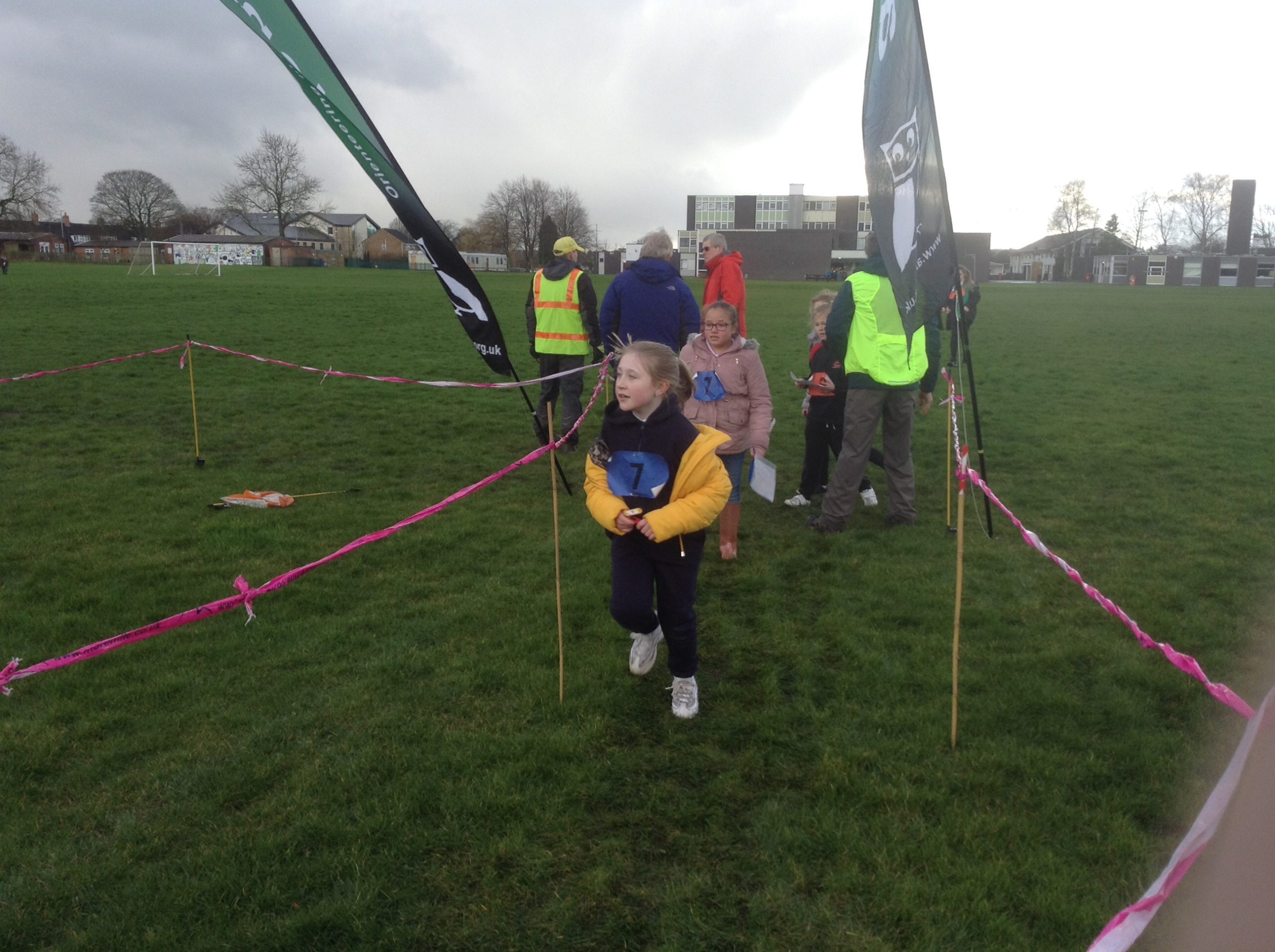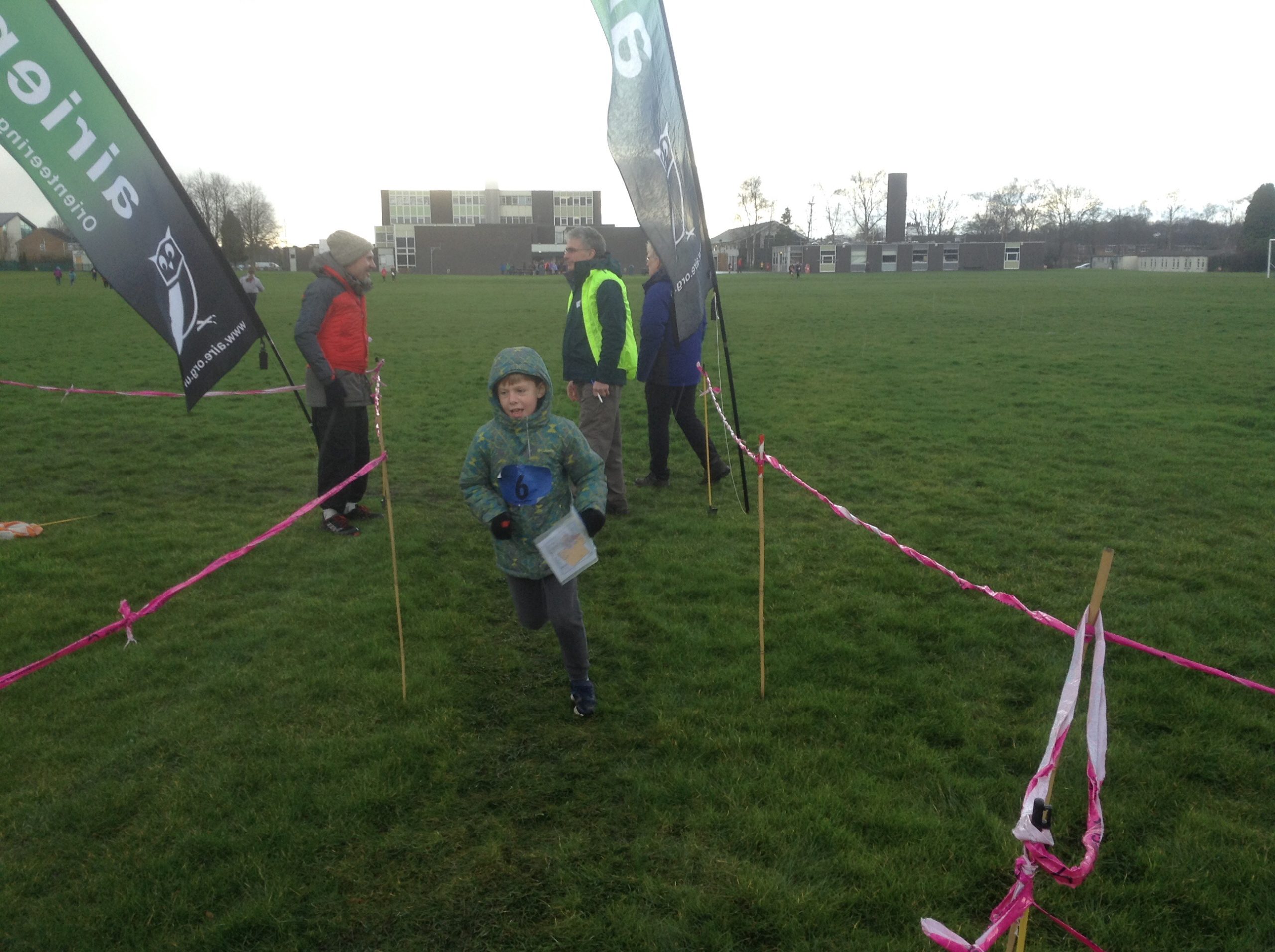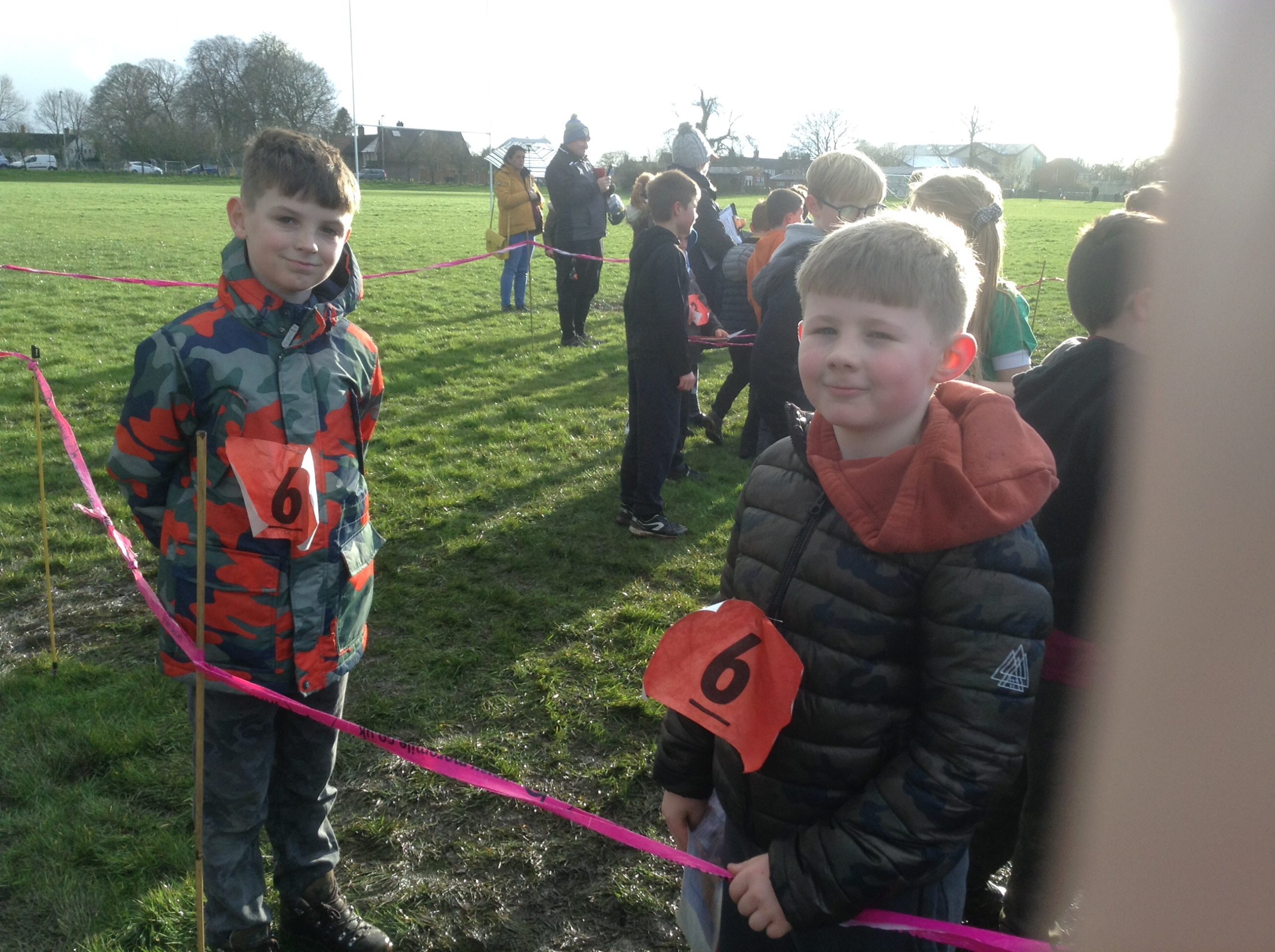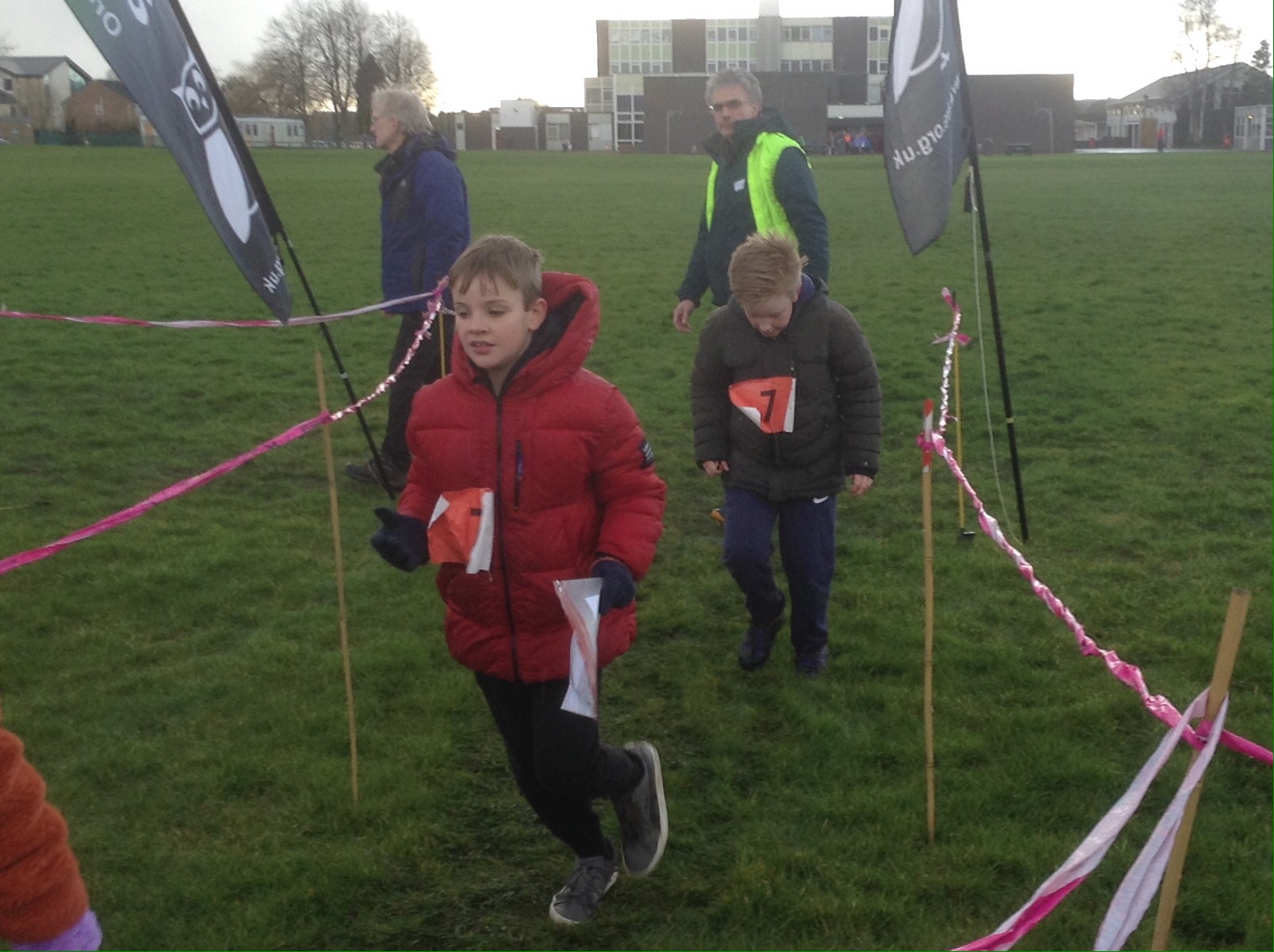The new, national multiplication tables check
Posted on 04 March 2020 by Mr Roundtree
The government is introducing a new, statutory multiplication tables ‘check’ (MTC) for the first time, in June this year. Children in Year 4 will take this check.
The purpose of the check is to determine whether pupils can fluently recall their times tables up to 12, which is essential for future success in mathematics. It will also help your child’s school to identify pupils who may need additional support.
Read more about the check in this leaflet from the Standards and Testing Agency.
Coronavirus - update
Posted on 04 March 2020 by Mr Roundtree
The government’s coronavirus action plan has been launched. This document sets out what the UK as a whole has done to tackle the Coronavirus (COVID-19), and what it plans to do next.
Current advice remains in place: No school should close in response to a suspected (or confirmed) COVID-19 case unless advised to do so by Public Health England.
Personal hygiene is the most important way to tackle COVID-19, especially washing hands more; and the catch it, bin it, kill it strategy for those with coughs and sneezes.
Support the Big Summit Sofa Challenge for Sport Relief - Friday 6 March
Posted on 03 March 2020 by Mrs Latham
The excitement is building for the launch of the Big Summit Sofa Challenge that the Look North presenters are doing for Sport Relief 2020. The starting point this year is our school, Scholes (Elmet) Primary! Harry Gration, Amy Garcia and Paul Hudson from BBC Look North will join in with Wake Up Shake Up as their warm-up at 9.30am.
Each class is planning their own sports challenge and children are invited to come to school in their sports kit, in exchange for a contribution to Sport Relief.
The BBC television cameras will also be in school to film us and talk to as many people as they can – some may even feature on the news that night.
They have asked that we encourage as many parents, family and friends to stay after they have dropped children off in the morning, so please feel free to show your support and join in with the fun!
See you on Friday!

Supporting your child to stay safe
Posted on 03 March 2020 by Mr Roundtree
We continue to try and keep you updated as much as possible with how you can keep your child safe in many situations.
The posts and information about Fortnite and screen time have proved popular for parents – it seems online safety is an area that parents would like lots of support.
Here is our next factsheet with some hints and tips about how you can support your child stay safe during using WhatsApp. The guidance around WhatsApp recommends that users should be 16 years old. We know that a lot of our children use WhatsApp so decided it would be helpful to support you in monitoring your child’s use of the app.
As always, if you’ve any questions, comments or concerns, please chat to someone in school.
Coronavirus - an update
Posted on 02 March 2020 by Mr Roundtree
Today, the Department for Education has sent another email to schools with updated advice to support schools in dealing with coronavirus and any concerns around this.
They have set up a helpline to answer questions about COVID-19 related to education. Staff, parents and young people can contact the helpline as follows:
- Phone: 0800 046 8687
- Email: DfE.coronavirushelpline@education.gov.uk
- Opening hours: 8am to 6pm (Monday to Friday)
The advice remains that no school should close in response to a suspected (or confirmed) COVID-19 case unless directed to do so by Public Health England. We will continue to follow this advice.
The email also stresses the importance of hygiene: personal hygiene is the most important way we can tackle COVID-19. We’ve done lots in school to promote this message – please do the same at home. For example, before you eat this evening, make sure your child washes their hands for at least 20 seconds.
Awesome orienteering
Posted on 29 February 2020 by Mrs Latham
We entered two teams in the Leeds Schools Sports Partnership orienteering competition at Wetherby High School this week. Despite the wet, cold and muddy conditions, the children performed brilliantly!
We have continued using our orienteering skills since our whole school introduction in September 2018. If you would like to get involved in this sport, contacting The Airienteers (who helped organise the event) is a great place to start.




Times Table Rock Stars
Posted on 27 February 2020 by Mrs Quirk
When it comes to times tables, speed and accuracy are important – the more your child practises, the more likely they are to remember the trickier tables facts. Times Table Rock Stars is a fun and challenging programme designed to help children master times tables. Children have already enjoyed practising at school. Now, let’s continue our rock star careers at home…
Logging in to Times Tables Rock Stars:
- Type ttrockstars.com into your web browser.
- On the website, click the following: Login > School > Student
- Enter our school’s postcode and our school’s name will show up below. Click on it.
- Enter the username and password that has been provided with this letter and may also have been written in the homework book.
More information on Times Table Rock Stars can be found here.
COVID-19 Update
Posted on 26 February 2020 by Mrs Quirk
Latest advice from the NHS is that you should call 111 if you’ve been to the following countries recently. If this applies to your child, please do also contact school to tell us.
Call 111 now if you’ve been:
- to Hubei province in China in the last 14 days
- to Iran, areas of northern Italy in lockdown or “special care zone” areas in South Korea since 19 February
- to other parts of mainland China or South Korea, Thailand, Japan, Hong Kong, Taiwan, Singapore, Malaysia or Macau in the last 14 days and have a cough, high temperature or shortness of breath
- to other parts of northern Italy (anywhere north of Pisa, Florence and Rimini), Vietnam, Cambodia, Laos or Myanmar since 19 February and have a cough, high temperature or shortness of breath
- in close contact with someone with confirmed coronavirus
Do not go to a GP surgery, pharmacy or hospital. Call 111, stay indoors and avoid close contact with other people.
The link to the NHS page is:
Are you interested in losing weight? Would you like to improve your family's health?
Posted on 25 February 2020 by Mr Roundtree
If so, and you feel that you and your child would benefit from becoming a healthier weight, you might be eligible to take part in an interesting study.
Attendance matters
Posted on 25 February 2020 by Mr Roundtree
Our whole-school attendance figure up until February half-term is 96.3%.
Here are the figures for each class:
- F2L: 95.2%
- F2M: 97.0% Second highest – fab!
- 1K: 95.6%
- 1,2V: 96.3%
- 2KN: 96.8% Good stuff – keep it up.
- 3,4N: 96.0%
- 3,4C: 97.1% The best in school – well done!
- 3,4E: 96.3%
- 5,6OB: 95.9%
- 5,6M: 96.6% Good stuff – keep it up.
- 5,6S: 96.3%
Let’s aim for the whole-school average to be even higher by Easter!
If you’d like to know the up-to-date attendance score for your child, please ask at the office.